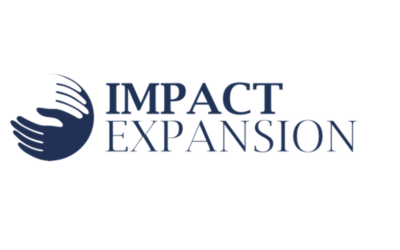In July 2017, the Water Supply and Sanitation Collaborative Council (WSSCC), a UN entity that is a global advocate for adequate and equitable sanitation and hygiene for all and KOIS teams went on a field visit to Amroha and Saharanpur, Uttar Pradesh. The visit aimed to understand the WASH, Health and Education systems under government supervision. Furthermore, we were also there to assess the potential of the region with respect to a Development Impact Bond on Menstrual Hygiene Management (MHM).
The field visit was the opportunity to meet with district administration authorities and key government department heads in Health, WASH, Education. We also met with key NGOs working in the region on MHM and with the Swachh Bharat Mission (SBM) district team. Furthermore, we visited government schools and interacted with adolescent girls and boys, teaching and non-teaching staff. Through our field visit, we also had the chance to meet with Accredited Social Health Activists, Anganwadi workers and Auxiliary Nursing Midwifes. Lastly, we visited Open Defecation Free (ODF) and non-ODF villages to interact with women and girls.
The learnings were many, and helped us further in the structuration on an impact bond, not only in India, but also in Africa.
Lesson #1: A widespread critical need for better Menstrual Hygiene Management practices
We identified, both in Amroha and Saharanpur, a critical need for awareness around MHM for adolescent girls. Indeed, Uttar Pradesh figures among the most conservative states of India. This means that mothers are generally not the main source of information on menstruation for their daughters as it remains a taboo. As a result, girls’ understanding of menstruation is limited to the use of a sanitary napkin/cloth. However, it does not include any knowledge around the biological process underlying menstruation and why it occurs. For example, most young women and girls thought that periods occur for cleaning the body of its impurities. No woman in this study had an idea of the correlation of periods to reproduction and childbirth.
Lesson #2: A taboo leading to misconceptions cross-cutting issues
Our team held another conversation with young women whose mothers had never allowed them to go to temples while on their periods. Indeed, women on their periods are seen as ‘ashudhh’ or ‘not pure’. They face restrictive customs during their menstruation. Moreover, many of them told us they faced menstrual pain, but to avoid visiting local health centres. In fact, men usually run these, and women would prefer to take rest or practice self-medication.
On top of the inequalities generated by this taboo, it can also lead to health issues. For instance, some schoolgirls complained during the focus group about the quality of sanitary pads that they receive at school. However, some also mentioned that they did not receive any from their school. A group of girls also admitted that they sometimes shared sanitary products with their mothers and sisters. Such practices can lead to infections and other health issues.
Lesson #3: While accessibility is an issue, disposal remains critical as well
Most women in villages use old cloths, while young girls use a combination of both cloth and pads. Sanitary pads mostly come in use when leaving the household. Yet, even when they do have access to such products, disposal of them remains a critical issue. For instance, in some schools where separate toilets for girls are available, girls still do not change their pads. In fact, the toilets are sometimes too filthy and/or lack of water, as well as of disposal options.
Currently, girls dispose of sanitary products in schools in dust bins or school toilets. Thereafter, the products end up in pits. In villages, products are being thrown in the open air or burned. The health, WASH and education officials all recognize the growing health and environment hazard from incorrect disposal of pads and are keen to address this problem.
These findings are serving to structure an Impact Bond, find investors as well as service providers in the areas identified. They also served to study the feasibility of a similar Impact Bond in Africa, in collaboration with the French Agency of Development.




